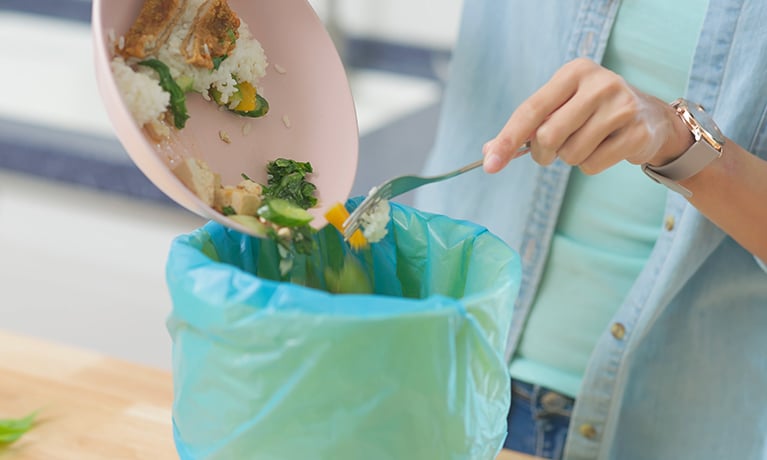Search
Obtaining richer insights from survey data using Bayesian econometrics: Applied to a food waste study

We’re sorry.
This event has ended.
See our upcoming events.
Friday 03 March 2023
10:30 AM - 11:30 AM
Location
Event details
This seminar will explore a paper on food waste that used survey data and Bayesian models and it will discuss how these models can be applied to survey data.
Abstract:
Household food waste is determined by a complex set of routinised behaviours, and disruption of these routines may allow for a decrease in this vast amount of food waste. The current study examines such a disruption of household routines: the meal box. The potential of meal boxes to diminish different types of household food waste is investigated for the first time, across different countries. After providing a framework comparing the effects of different types of meals on food waste, we subsequently examine the effects of subscription-based food supply (i.e., meal boxes) on total meal waste as well as on the different types of food waste: preparation, cooking, and plate waste. Our dataset contains 8,747 meal observations from 955 households in six countries. Results from a Bayesian multilevel hurdle-lognormal model with random intercept show that, overall, meal boxes reduce total meal waste in comparison to traditionally cooked dinners (38 % reduction). Meal boxes especially lower the occurrence and amount of pan-and-pot food that is wasted (i.e., cooking waste), and also lower the amount of meal preparation waste, yet lead to a higher occurrence of both preparation and plate waste compared to traditional meals. This shows how differences between meals affect household food waste, something that has received little prior research attention. Furthermore, whereas most prior research has focused on overall household food waste, our study illustrates that distinguishing between different types of household food waste can provide important new insights.
Biography:
Shantanu Mullick is Assistant Professor in the Centre for Business in Society (CBiS). Previously he was Assistant Professor in Marketing at Eindhoven University of Technology in the Netherlands. He finished his PhD from ESSEC Business School in France, and prior to joining academia he was a brand manager in India.
Shantanu’s primary research focus is on helping supermarkets and food businesses reduce food waste using big data and statistics. His recent projects have been funded by the Netherlands Organization for Scientific Research, QR funding in England, and others. His research has been published in marketing, sustainability and machine learning disciplines.




